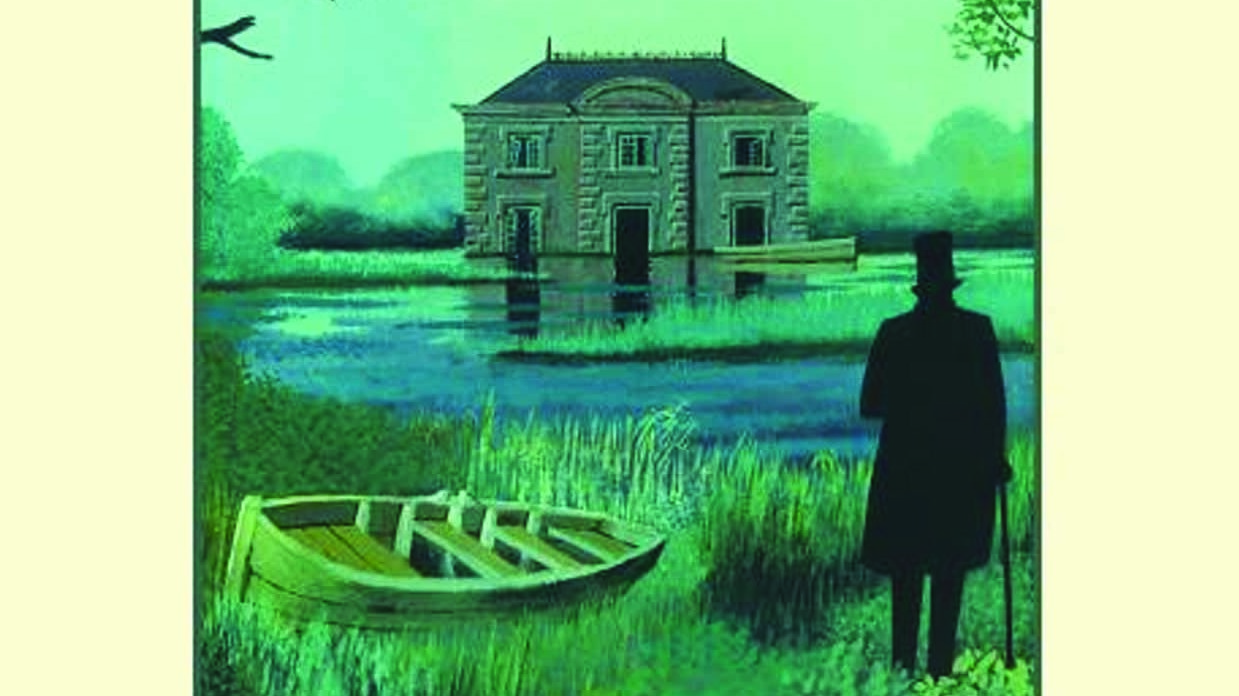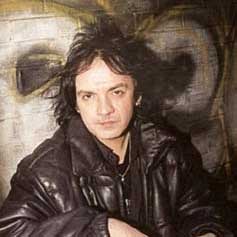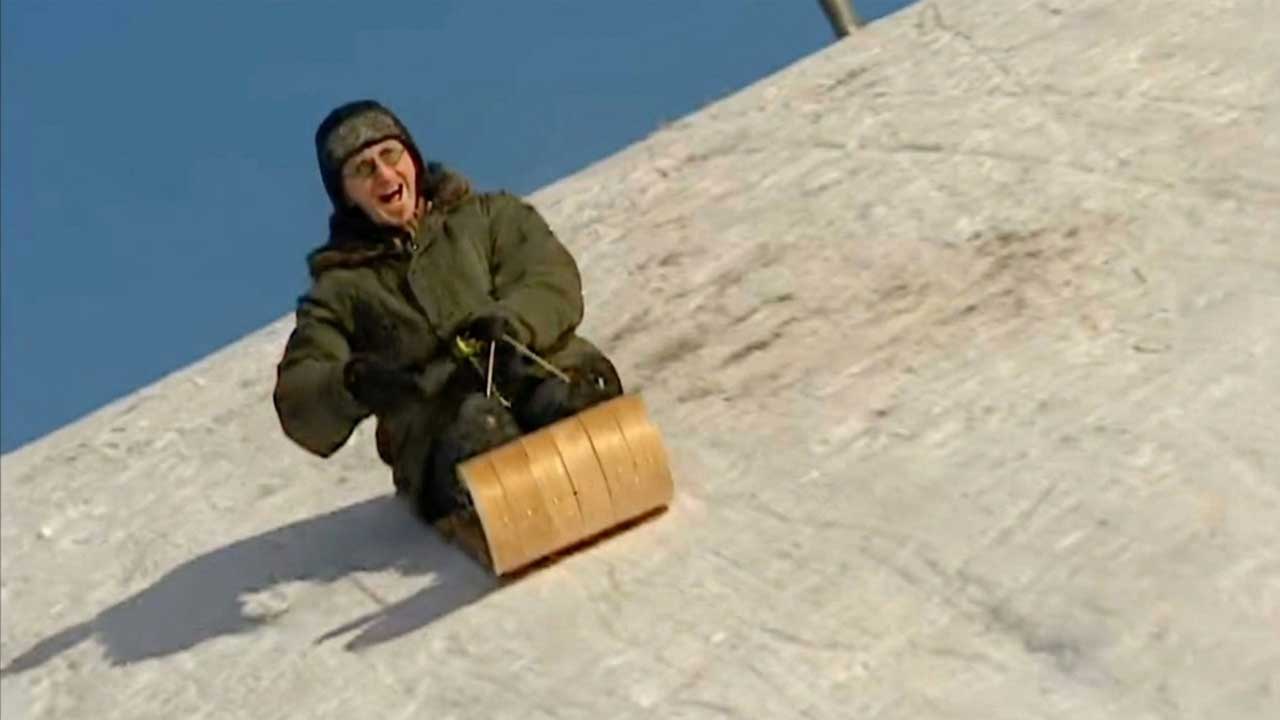You can trust Louder
It’s 50 years since Dave Cousins first fronted Strawbs and, joined by three of the band’s 70s mainstays, he’s created a late-period career peak, bathed in the evocative qualities that made them one of the best-loved early progressive bands.
After breaking through with 1970’s Dragonfly, the Strawbs released a string of prog classics (including three with Rick Wakeman before he defected to Yes), then ’72’s Grave New World and Bursting At The Seams, which welcomed guitarist Dave Lambert. It reached No.2 after the biblical Lay Down and Chas & Dave-like Part Of The Union earned their first Top 20 hits. 1974’s landmark Hero & Heroine introduced bassist Chas Cronk, while drummer Tony Fernandez was in by 1978’s Deadlines. Cousins then put the Strawbs on the back-burner in the 80s, playing sporadic anniversary reunions until the 21st century’s Acoustic Strawbs. That led to 2004’s Déjà Fou, which employed a full band for the first time in 25 years.
Produced by Chris Tsangarides (Thin Lizzy, Judas Priest), The Ferryman’s Curse beautifully resurrects the Strawbs’ trademark ‘folk rock with a lyrical twist’ style. Cousins is joined by Lambert, Cronk and Fernandez, plus keyboardist guitarist Dave Bainbridge of prog folkies Iona. Apart from the 21st-century production sheen, it’s sometimes hard to believe it wasn’t recorded 45 years ago, although Cousins’ voice hasmatured into a more oaken, subtly expressive vehicle.
After In The Beginning’s electronic orchestral intro, the pure Strawbs’ cut and thrust of The Nails From The Hands Of Christ weighs up the relationship young people have with the church, mentioning Bruce Springsteen and mobile phones. The shimmeringly poignant The Song Of Infinite Sadness looks at the consequences of advancing years, maybe bereavement, as he references ‘two lovers torn apart/A heart that beats alone’. The reflective theme continues on The Familiarity Of Old Lovers, glazed in Mellotron strings and reflecting on life’s unresolved issues. With its chiming bells and love-centred sentiments, When The Spirit Moves should be a Christmas prog Top 10 hit. The Ten Commandments sounds oddly like ZZ Top playing 10cc’s Wall Street Shuffle as Cousins rails about modern society, before The Reckoning’s synthesised orchestra introduces the mysterious folk ballad title track – the album’s epic centrepiece and sequel to Dragonfly’s The Vision Of The Lady Of The Lake, complete with VdGG organ flare-ups.
The album then winds down with the featherlight Bats And Swallows and rollickingly optimistic We Have The Power, but Cousins’ job is already done. By adding this sumptuous late landmark to his band’s timeless legacy, he’s made them immortally relevant.
Sign up below to get the latest from Prog, plus exclusive special offers, direct to your inbox!
Kris Needs is a British journalist and author, known for writings on music from the 1970s onwards. Previously secretary of the Mott The Hoople fan club, he became editor of ZigZag in 1977 and has written biographies of stars including Primal Scream, Joe Strummer and Keith Richards. He's also written for MOJO, Record Collector, Classic Rock, Prog, Electronic Sound, Vive Le Rock and Shindig!


